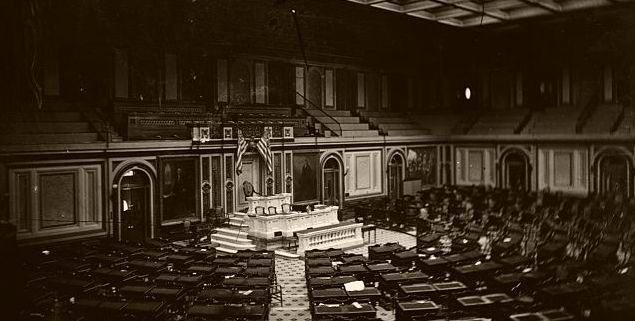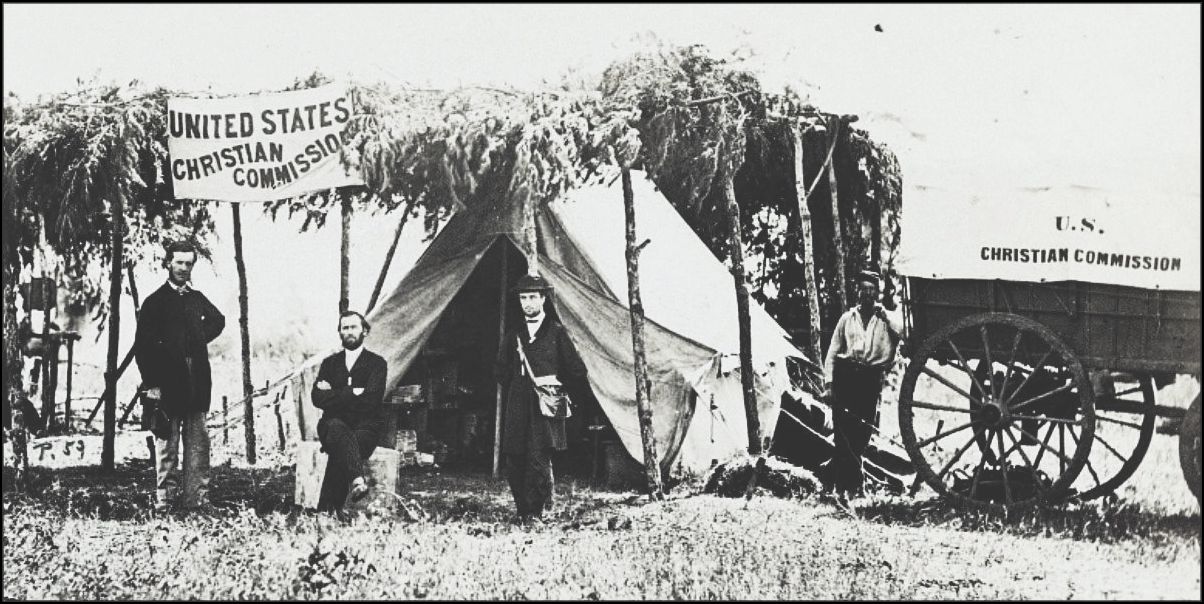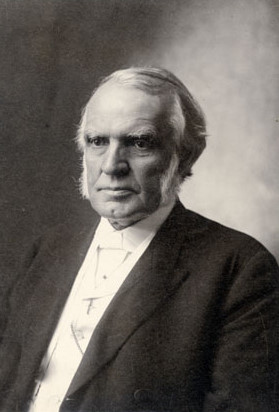Authors:
Historic Era: Era 5: Civil War and Reconstruction (1850-1877)
Historic Theme:
Subject:
Summer 2019 | Volume 64, Issue 3


Authors:
Historic Era: Era 5: Civil War and Reconstruction (1850-1877)
Historic Theme:
Subject:
Summer 2019 | Volume 64, Issue 3

President Lincoln arrived late. By the time he and the First Lady took their seats in the House chamber, they had missed the evening’s convening prayer and Vice President Hannibal Hamlin’s opening remarks. The Philadelphia merchant George Stuart was well into his speech when the audience spotted the Lincolns and greeted them with “a tempest of applause” followed by a standing ovation that brought the proceedings to a temporary halt.
This was a rare public appearance for the president in 1864. He found it hard to take time away from his duties as commander in chief nearly three years into civil war. But he accepted Stuart’s telegraphed invitation to join the other dignitaries that evening in early February. The celebration in the House of Representatives marked the second anniversary of the United States Christian Commission. The order of events differed little from a worship service.
One DC newspaper described the crowd as “composed, in great part, of the religious element of the city.” They had come to reaffirm their faith in the Union war effort and renew their commitment to serve soldiers and their families. The wartime mix of state, church, and military was on full display. The audience heard from preachers and laymen active in founding and running the commission and dignitaries including the Speaker of the House Schuyler Colfax of Indiana.

The Christian Commission had been founded on November 16, 1861, by the Young Men’s Christian Association (YMCA) at a convention in New York City. The commission’s publicized aim was “to promote the spiritual and temporal welfare of the officers and men of the United States army and navy, in cooperation with chaplains and others.” For the sake of that calling, the commission solicited donations of goods and money, distributed Bibles, books, and tracts by the tens of thousands, promoted temperance in the encampments, and recruited volunteer workers and ministers of the gospel to care for the souls of men in uniform.
Along with the parallel United States Sanitary Commission, it tended to the sick, wounded, and dying. Its tireless chairman was the successful entrepreneur Stuart, founder of the Philadelphia YMCA. Testimonials poured in praising the work of the commission.
